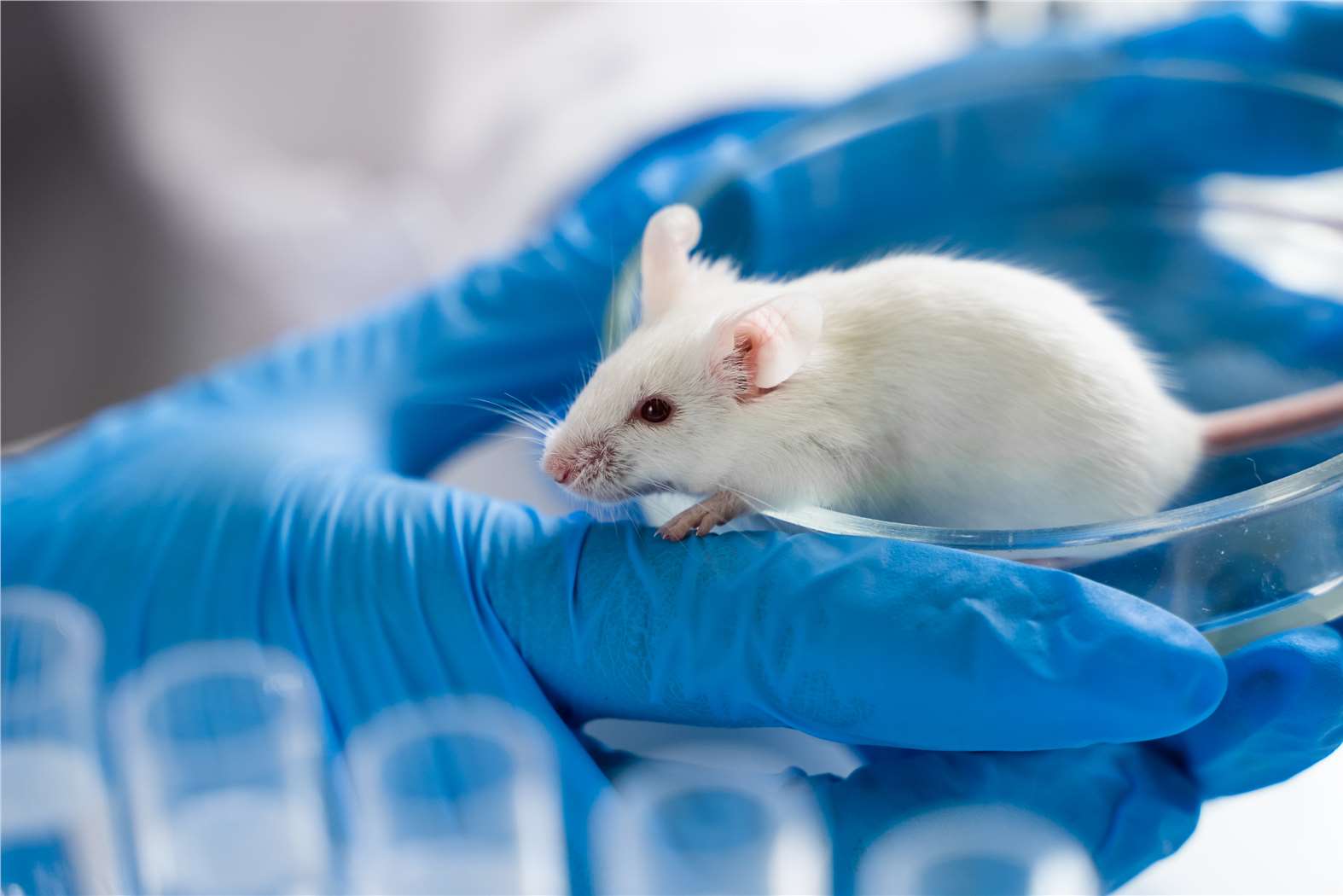
At CD BioSciences, we are committed to empowering the next generation of gene therapy research targeting Human Herpesviruses (HHVs). With our deep expertise in HHV biology and gene delivery platforms, we offer specialized preclinical solutions to support the development of gene-based therapeutics aimed at treating or modulating HHV infections and associated pathologies.
Gene therapy holds unique promise in combating chronic, latent, and recurrent HHV infections. Our Gene Therapy Development Solutions are designed to help pharmaceutical companies, biotechnology firms, and research institutes accelerate innovation through end-to-end support, covering vector engineering, in vivo delivery validation, and expression analysis.
Our Core Offerings
Vector Construction
Effective gene therapy begins with robust vector design. At CD BioSciences, we construct and optimize both viral and non-viral vectors tailored for HHV-related applications.
Our capabilities include:
- Custom Vector Design: Construction of recombinant adeno-associated virus (rAAV), lentivirus, HSV-based vectors, and non-viral plasmids incorporating HHV-specific regulatory elements or transgenes.
- Promoter Optimization: Incorporation of HHV-responsive or tissue-specific promoters (e.g., LANA-regulated promoters in KSHV or IE promoters in HCMV) to improve targeting and expression.
- Codon Optimization & Stability: Enhancing expression and transcript stability across host systems.
- Packaging & Titration Services: High-efficiency packaging protocols and precise viral titration for downstream use.
Our platform supports both research-grade and IND-enabling vector production for preclinical studies. We apply state-of-the-art plasmid engineering and GMP-compatible procedures where applicable.
In Vivo Delivery
Achieving accurate and efficient delivery of gene therapy products is especially critical for targeting tissues involved in HHV latency and pathogenesis (e.g., neurons, lymphoid organs, mucosal surfaces).
We provide:

- Animal Model Selection & Development: We work with models of HSV, EBV, KSHV, and other HHVs to support delivery validation in vivo.
- Route of Administration Studies: Intrathecal, intravenous, intratumoral, and mucosal routes are evaluated based on disease context.
- Biodistribution Assessment: Using qPCR, in situ hybridization, or reporter gene tracking to confirm tissue targeting and vector persistence.
- Immunogenicity Monitoring: Evaluation of innate and adaptive immune responses against vector or transgene.
By integrating molecular virology with in vivo pharmacology, we help clients assess and optimize delivery strategies aligned with HHV-specific tropism and latency behavior.
Expression Verification
Validating functional expression of delivered genes is essential for therapeutic confidence and regulatory readiness.
Key services include:
- Transcript Quantification: RT-qPCR and RNA-Seq to quantify mRNA expression of transgenes in target tissues or cells.
- Protein Expression Analysis: Western blotting, immunofluorescence, flow cytometry, and ELISA for transgene product detection.
- Functional Assays: Where applicable, we establish downstream phenotypic or mechanistic assays (e.g., suppression of viral reactivation, modulation of immune responses).
- Spatiotemporal Profiling: Assessing expression kinetics and localization, especially in latency reservoirs such as sensory ganglia or B-cells.
These assays are critical for demonstrating the translational potential of gene therapy constructs against HHV infections.
Why CD BioSciences?
HHV-Specific Expertise
Unlike general CROs, our team is deeply specialized in human herpesviruses. Our scientists have decades of experience working with all major HHV types (e.g., HSV-1/2, EBV, CMV, VZV, KSHV), understanding their unique latency strategies, tissue tropisms, and reactivation triggers. This focus allows us to design gene therapy solutions with direct relevance to viral biology and disease progression.
Fully Integrated Preclinical Workflow
From vector design to in vivo validation and expression analysis, we provide a seamless preclinical pipeline. This integration reduces turnaround time, avoids communication silos, and enhances data consistency across your study lifecycle.
Regulatory Alignment
We understand the regulatory expectations for gene therapy products targeting latent viral infections. Our study designs, assay validations, and documentation practices align with FDA and EMA guidelines for preclinical gene therapy submissions.
Flexibility and Customization
Whether you are evaluating latency-breaking strategies, antiviral gene replacement, or immunomodulation, our solutions are fully customizable. We adapt to your target HHV type, disease model, vector platform, and delivery method.
Applications
Our HHV-oriented gene therapy solutions can support development across a wide spectrum of indications, including:
- Latent Virus Reactivation Suppression: e.g., gene editing to silence lytic genes or transcriptional repressors of reactivation.
- Immunotherapy Augmentation: e.g., vector-based expression of immune modulators in HHV-associated malignancies like EBV-related lymphomas or KSHV-driven Kaposi's Sarcoma.
- Gene Editing Therapies: CRISPR-Cas or base editor delivery systems targeting integrated viral genomes (e.g., in EBV or HHV-6).
- Vaccine Vector Development: HSV- or CMV-based vectors engineered to express protective antigens for unrelated pathogens.
Partner with CD BioSciences
If you are developing gene therapies for herpesvirus-associated diseases, CD BioSciences offers the specialized capabilities and scientific insight to elevate your program. Our dedication to scientific rigor, HHV-focused innovation, and regulatory readiness ensures your pipeline progresses with clarity and confidence.
We welcome early-stage collaborators as well as teams preparing IND-enabling packages. Let us help you unlock the therapeutic potential of gene therapy against some of the most persistent viral pathogens in medicine.
References
- Whitley RJ, Roizman B. Herpes simplex viruses. In: Fields Virology, 6th ed. Lippincott Williams & Wilkins; 2013.
- Damania B, Cesarman E. Kaposi's sarcoma–associated herpesvirus. In: Human Herpesviruses: Biology, Therapy, and Immunoprophylaxis. Cambridge University Press; 2007.
- Tischer BK et al. A biological toolbox for functional study of human herpesvirus gene products. Future Microbiol. 2016;11(12):1451–1473.
- Ginn SL et al. Gene therapy clinical trials worldwide to 2022 – an update. J Gene Med. 2023;25(1):e3505.
- FDA Guidance for Industry: Preclinical Assessment of Investigational Cellular and Gene Therapy Products. 2013.